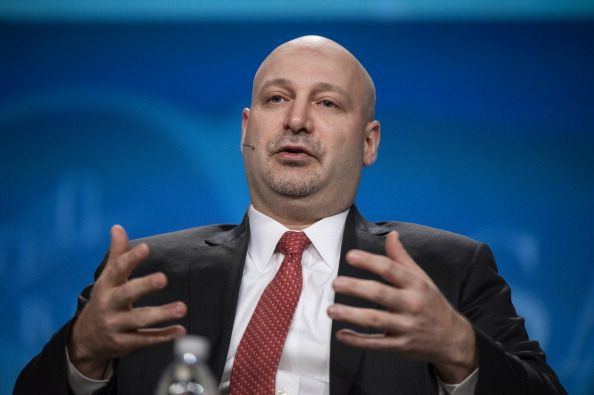What’s Going On With Visium Asset Management? ‘Imploded’ Hedge Fund Plans Shutdown

The multibillion-dollar hedge fund Visium Asset Management has collapsed in the throes of an insider-trading crisis.
The fund told investors Friday that it planned to shut down. Business Insider wrote that it "imploded in the biggest scandal to hit the industry in years" — the largest such closure since officials forced the shutdown of SAC Capital in 2013.
Visium's performance has been lackluster of late. It now plans to liquidate its flagship fund and sell another to asset manager AllianceBernstein. That decision was relayed to investors just days after prosecutors announced charges against portfolio managers for allegedly making trades while relying on confidential government information about generic-drug approvals. A Food and Drug Administration official allegedly relayed confidential information to Sanjay Valvani, a top portfolio manager, who was charged with wire and securities fraud.
SEC accuses Visium fund trader of insider trading, who allegedly got tips from an FDA employee.https://t.co/Elg5UOAwGs
— CNBC Now (@CNBCnow) June 15, 2016
Visium founder Jacob Gottlieb wrote, in letter to investors reportedly reviewed by the Wall Street Journal:
"Given the uncertainty relative to the final outcome of the recent regulatory developments, the negative impact of the resulting publicity, and the substantial investor withdrawals, it became clear that maintaining the status quo was increasingly untenable."
Bloomberg reported that Visium will also liquidate its Institutional Partners Fund, Equity Alpha Fund, and Equity Alpha UCITS Fund, along with its main Balanced Fund. Visium's flagship fund was down more than 9 percent through May this year, while its competition was up 0.2 percent, Business Insider reported. A number of staffers apparently recently left and the hedge fund even stopped enforcing its non-compete agreements for some ex-employees.
At its peak Visium managed about $8 billion. It reportedly managed about that much at the beginning of the year, which was a 20 percent rise from the year prior. But things quickly fell apart for the company. Investors, meanwhile, might not immediately get their money back. According to the Journal, Gottlieb wrote in his letter to investors that some funds would be withheld, "to establish a reserve for potential liabilities … including those associated with the regulatory inquiries."
© Copyright IBTimes 2025. All rights reserved.






















